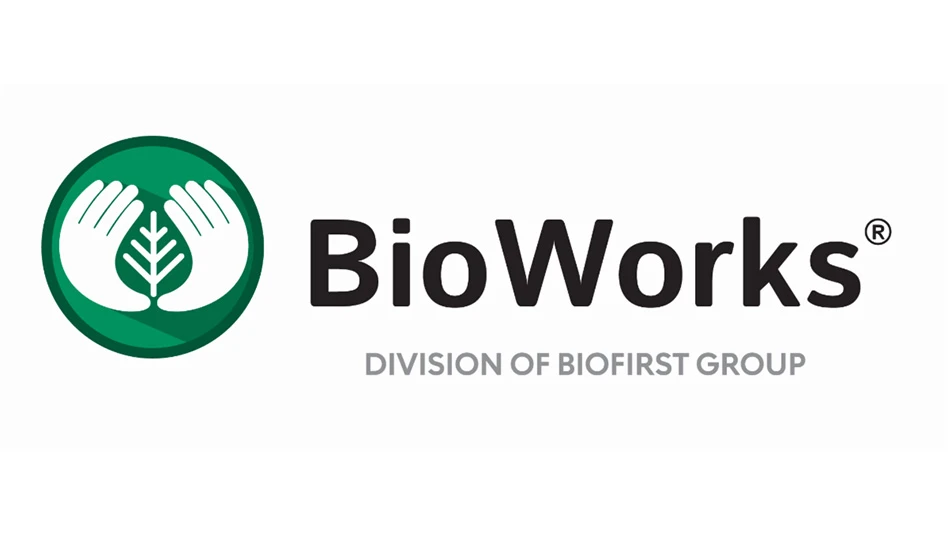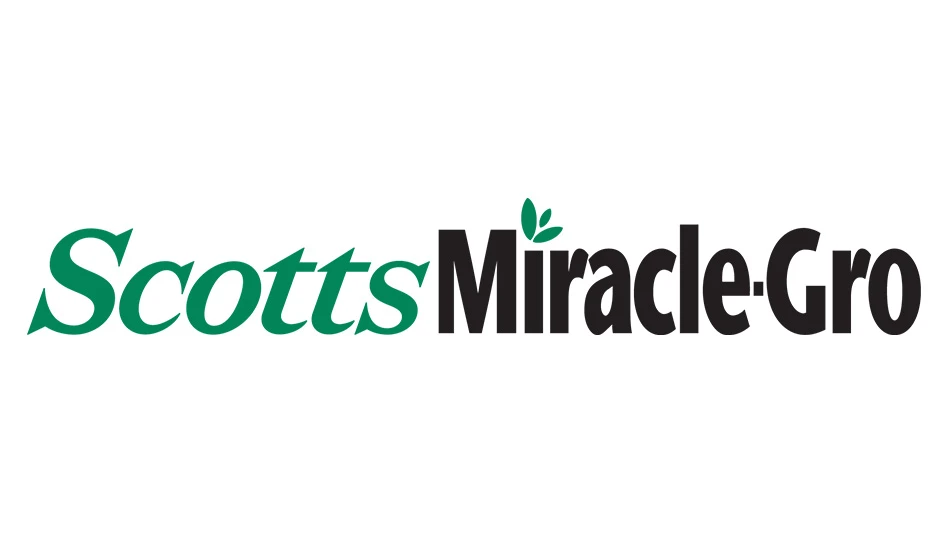|
Transporting plants from the greenhouse to the garden center keeps getting more expensive. Paying for the transportation of products that you purchase is also going up. Growers need to keep close tabs on their trucking costs and how they might be reduced. The average cost for short-haul trucking is currently more than $1.50/mile. According to the Truckers Report, trucking costs can be broken down as 39 percent fuel, 26 percent driver salary, 17 percent vehicle purchase, 13 percent maintenance and 6 percent insurance, permits, licenses and tolls. Starting with the truck, a short review of where efficiencies might result may be helpful.
Tests have shown that at 50 mph, drag equals rolling resistance. At 75 mph, drag is 2.5 times rolling resistance. An aerodynamic body design with a sloped hood, streamlined front profile and open front bumper cuts drag. Roof deflectors improve efficiency up to 6 percent. Adding trailer side skirts below the body reduces air turbulence from the undercarriage with a savings of 5 to 18 percent.
Although trucking amounts to less than 10 percent of the cost of plants, it can mount up at the end of the year. Purchasing the most efficient equipment, operating it properly and maintaining it on a regular schedule will keep the costs down.
John Bartok is a regular contributor to Greenhouse Management and an agricultural engineer and emeritus extension professor at the University of Connecticut. He is an author, consultant and a certified technical service provider doing greenhouse energy audits for USDA grant programs in New England. Have a question? You can write John at jbartok@rcn.com. |

Explore the October 2012 Issue
Check out more from this issue and find your next story to read.
Latest from Greenhouse Management
- Grant awarded to test western U.S. wood species for use as wood fiber potting substrate
- Pennsylvania Horticultural Society announces 2025 Gold Medal Plant winners
- Oasis Grower Solutions announces new Southeast territory sales manager
- A nation of gardeners: A history of the British horticulture industry
- Last Word with Angela Labrum, Bailey Nurseries
- Iowa plant supplier Plantpeddler building retail complex
- This month's Greenhouse Management magazine is about native plants and sustainability
- The HC Companies, Classic Home & Garden merge as Growscape
.jpg)





